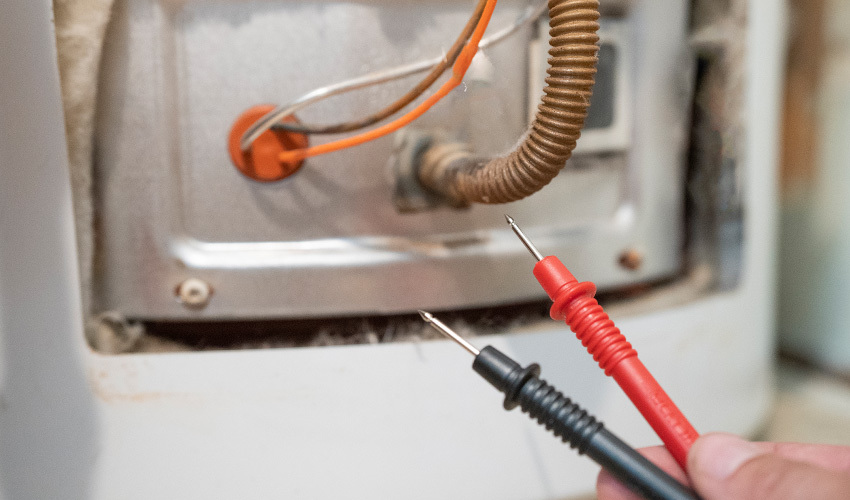
April 21/2022
Water Heater Troubleshooting Guide
Water heaters play a crucial role in ensuring we have access to hot water for various household uses. However, these appliances are prone to damage, and it is up to you to ensure that the signs are detected before things get out of hand. Electric water heaters rely on many components both inside and outside the tank to heat water, and if one fails, it compromises the efficiency and performance of your unit. Whether it’s little or no hot water, Mr. Rooter Plumber of New Jersey provides quality water heater repair and maintenance services.
Over time, several problems will likely plague your water heater, forcing everything in your household that requires hot water to a standstill. If you use a gas water heater and detect signs of malfunction, try checking the pilot light since they rely on natural gas to heat water. Regardless of the type of water heater you are using, hiring a professional plumber for water heater repair is essential.
How to Test a Heating Component in a Water Heater
Modern electric water heaters comprise two heating elements: One at the top and the other at the bottom, but small or old appliances tend to have only one heating element, usually located at the bottom. The elements in a water heater tend to wear out fast, hence the need to test them to prevent severe deterioration regularly. We can help you with the pertinent information needed to safely test your electric water heater, but if you prefer a more hands-off approach, our expert plumber can get it done. Here is a troubleshooting guide to help you when your appliance malfunctions.
Find the Water Heater Elements
Start by locating the breaker that supplies power to the water heater and turn off the power for safety purposes. Gently remove the metal panel that’s usually at the side of the water heater for better access to the interior. Modern water heaters have a single panel per heating element, so it is advisable to wear rubber gloves before attempting to remove the insulation from inside the panel. Once you detect a hexagonal object approximately an inch in diameter and is attached to two screws- that’s the heating element.
Test the Water Heater Using a Multimeter
Please turn on your multimeter and set it to the lowest ohms setting as possible, allowing you to measure the amount of resistance in your heating element. Choose any of the two screws on the heating element and loosen it so that you can detach the wire. Use one of the probes on the multimeter to touch the face of the heating element.
If there are two elements in your water heater, check the other in the same manner. If the heating element is functioning as expected, the reading on the multimeter should be between 10 to 30 ohms. Any lower reading is a sign that you need to replace the heating element. If everything is in order and you still don’t get hot water, call Mr. Rooter Plumbing of New Jersey for exceptional water heater repair at a pocket-friendly rate.




